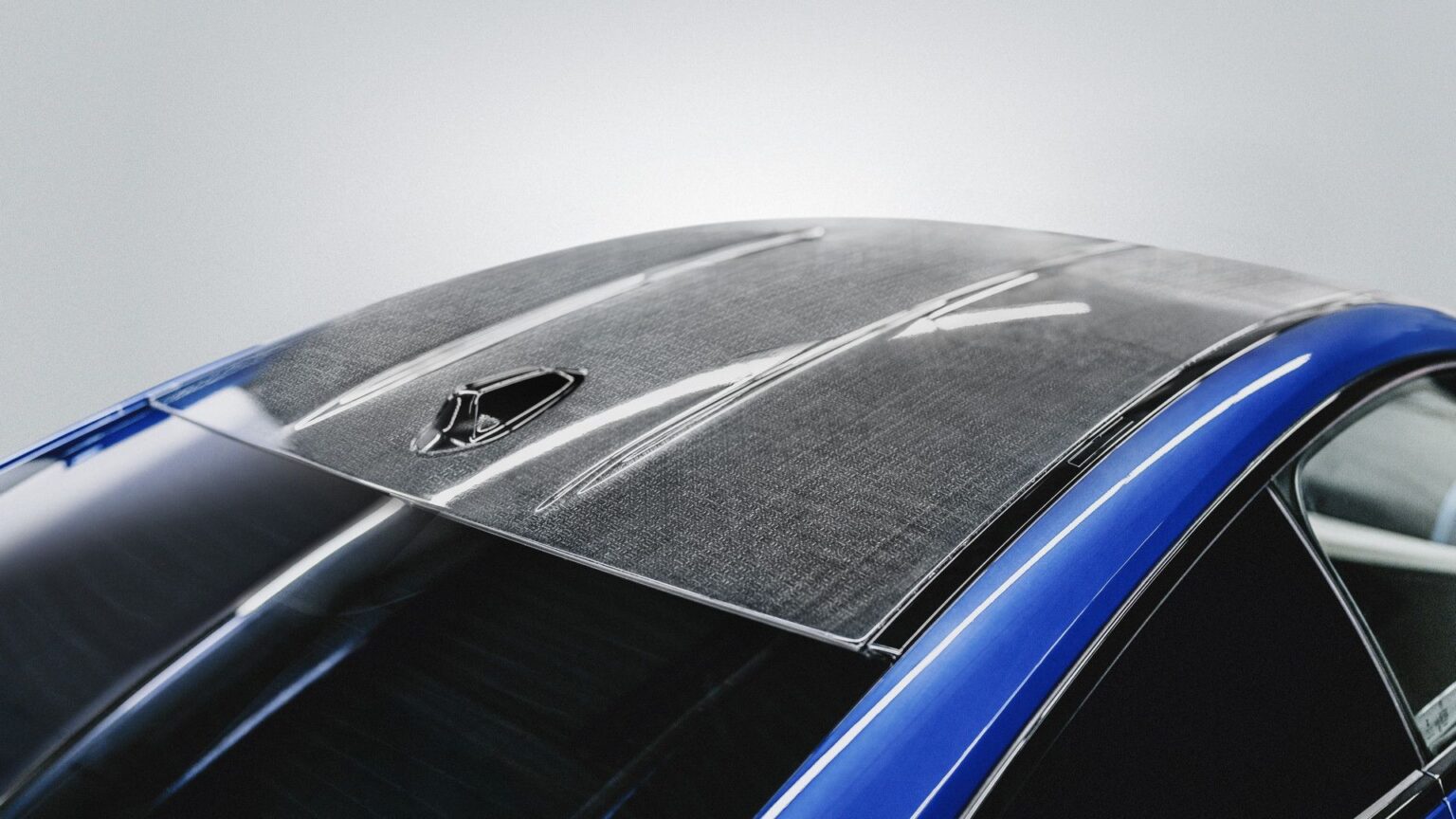BMW has a new alternative to carbon fiber. It’s a plant-based composite, and in case you hadn’t noticed, it’ll be just about everywhere on new BMWs soon. If you’ve looked at a BMW M (or non-M, for that matter) product in the last decade, there’s quite a lot of the stuff in use at BMW. For good reason: carbon fiber is lightweight and incredibly strong, and it looks sweet. There’s a reason performance brands like BMW apply carbon fiber as liberally as they do. However, this new product promises many of the same properties while skirting some of the more serious environmental issues caused by the production of carbon fiber, namely, CO2 emissions.
BMW Has A New Carbon Fiber Alternative
Development began in 2019, when BMW began working with green-tech company Bcomp, to implement a new flax-based composite in its Formula E cars (note: BMW owns a stake in Bcomp). It went well, and FE proved to be an excellent test bed for new, greener alternatives to traditional motorsports technologies, which is sort of the whole point of FE, really. Regardless, BMW then began using the composite more widely in other motorsports theaters, replacing some carbon-fiber-reinforced-plastic components on its M4 DTM and M4 GT4 cars. After further development, BMW is announcing that the material is ready for mass production and use in BMW’s passenger cars, like the regular ol’ M4.
BMW Will Start Swapping Carbon For Flax
The first changes to be made will be carbon fiber roof panels, commonly found on the brand’s M cars, like the M4, M2, and others. The new flax composite isn’t contrasted directly with carbon fiber, which likely means there isn’t much of a performance benefit to the new material over carbon fiber. However, the real benefit will be in CO2 emissions, which BMW says will fall by 40 percent compared to the production of similar carbon fiber materials. Meanwhile, the material is still in use on BMW’s race cars.
Franciscus van Meel, CEO of BMW M, stated: “Natural fiber composites are a vital element of innovative lightweight solutions in motorsport, allowing for a reduction in CO₂e emissions in the manufacturing process. We are now looking forward to the use of these materials in future BMW M product ranges.” Unfortunately, BMW didn’t provide a timeline as to when these parts would begin to replace carbon parts on customer cars.
TopSpeed’s Take
BMW’s new carbon facsimile is a big step forward in keeping automotive technology ecologically-friendly. We’re hoping that BMW won’t hang on to the patent for this one, allowing other automakers to also develop their own flax carbon alternatives to help further cut emissions across the industry. If we as enthusiasts want to be able to continue to drive the cars we love, steps like this are absolutely necessary.
Read the full article here


